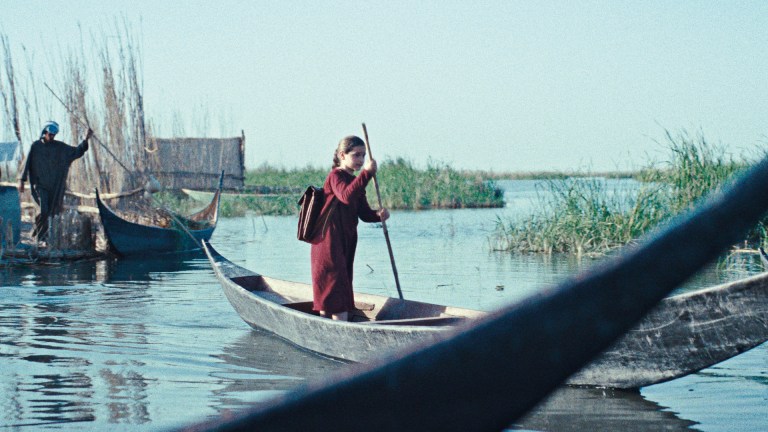When I was 16, I had a sudden growth spurt and had to take time off school as I suffered acute pain in my legs. I was pipe-cleaner thin and grew my hair as long as possible as I had acne that I was told would disappear by the time I was 18. I had a lifelong passion to be an actor and made shoe box theatres with scenery and cut-out figures attached to lollipop sticks. I progressed to glove puppets and then marionettes. My parents gave me Pelham Puppets for every birthday and Christmas, which proved lucrative, as I did shows in the school holidays at kids’ birthday parties and in a full-sized puppet theatre in our garage.
I always wanted to be an actor, but had no clue as to how to go about it. I was good at art and model making, so my father encouraged me to consider architecture – but as I failed every maths exam, this kiboshed that idea. He then suggested I become a barrister, as I was so argumentative and he said it required acting skills.
I did school plays with Zindzi [Zindziswa] and Zeni [Zenani] Mandela. None of us believed that their father would ever get out of Robben Island alive, let alone become president two decades later. Waterford Kamhlaba school [in Swaziland where Richard grew up] had 27 nationalities and an ethos of tolerance, multi-faith acceptance and multi-racial openness and inclusivity. The injustices of apartheid in neighbouring South Africa made a profound impact. Prejudice and ignorance based on someone’s skin colour is ludicrous and abhorrent.
Am levitating at this astonishing news. Thank you to @TheAcademy for this nomination in such incredible company. I’m indebted to so many people but most of all @melissamccarthy & Marielle Heller @cyefm ❤️@SearchlightUKpic.twitter.com/CIdJSMLkj1
— Richard E. Grant (@RichardEGrant) January 22, 2019
After my parents’ acrimonious divorce, my father became a violent alcoholic. His personality switch at night culminated in him attempting to shoot me at close range after I’d emptied a crate of his Scotch whisky down the sink. He drunkenly lurched when he pulled the trigger and mercifully missed. There was no treatment nor AA meetings available, and the social stigma was such that everything was kept secret. Christmas was invariably a nightmare, with everyone on tenterhooks. So I have made up for it as an adult by celebrating Christmas to the max.
Neil Armstrong landing on the moon in 1969, when I was 12, made an indelible impression. It was about proving that what had seemed impossible could somehow be achieved. It has been a lifelong passion to go into outer space, but increasingly looks unlikely to happen! But having the dream is everything.









